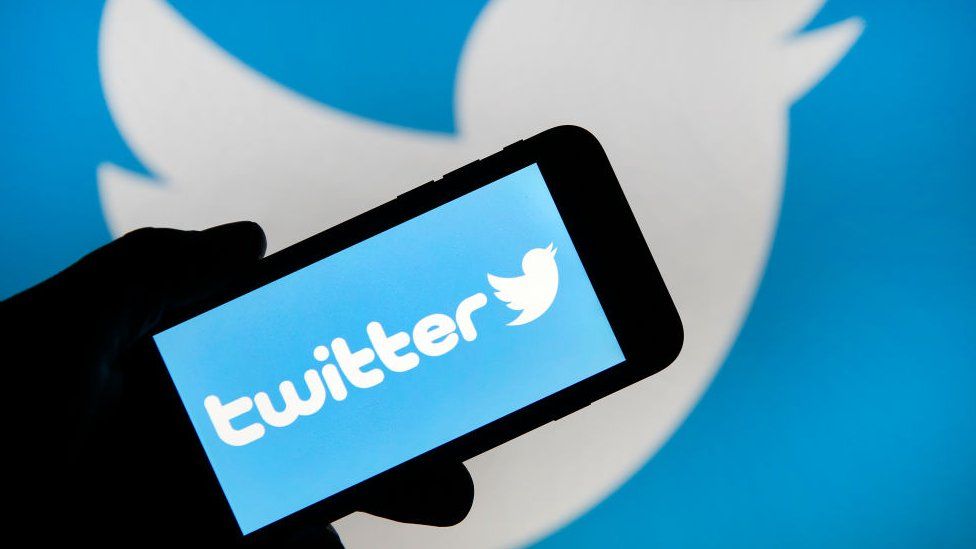
Brand new CEO, Twitter has announced a major update to its policy in a blog post on Tuesday.
Twitter will now prohibit the sharing of “private” media of private individuals without their consent.
This update, which the company announced on Tuesday, broadens an already existing “private information” policy. This policy already banned Twitter users from sharing the sensitive information of private individuals such as home addresses, phone numbers, email addresses, and personal documents on the platform.
The addition adds the following to the list of items now prohibited under this policy: “media of private individuals without the permission of the person(s) depicted.”
But Twitter’s latest policy update has caused some confusion on the platform.
Some users have opined that this could have devastating effects on accountability and journalism. Others have questioned just what falls under this policy? For instance, if I take a photo in a public park and a person can be seen in the photo sitting on a bench, would the photo be removed?
When reached, Twitter stressed that the policy requires that the individual in the photo or video make a report for any action to even be considered.
“When private information or media has been shared on Twitter, we need a first-person report or a report from an authorized representative in order to make the determination that the image or video has been shared without their permission,” said a Twitter spokesperson.
Twitter will then remove the media if it is indeed in violation of the policy. However, Twitter says that this new policy will not affect content featuring public figures. It will also not apply to individuals “when media and accompanying Tweet text are shared in the public interest or add value to public discourse.”
Reading through the full policy does provide even more details. The company says it will contextualize the content and see if the pictures and videos are publicly available elsewhere, such as being published in other media outlets.
It should be noted that this policy does not cover non-consensual nude images and videos, or revenge porn. Twitter already explicitly bans that type of content from being published under a separate policy.
There are some obvious areas where this new policy can be applied to protect family members and other private individuals who may be suddenly thrusted into the spotlight due to a recent newsworthy event.
At the end of the day this policy probably doesn’t warrant the apocalyptic “you can’t do journalism on Twitter anymore!” takes. But, it certainly is vague enough to cause at least some concern. It’ll really all depend on how Twitter enforces it, and considering they have a new CEO at the helm, we’ll see.

